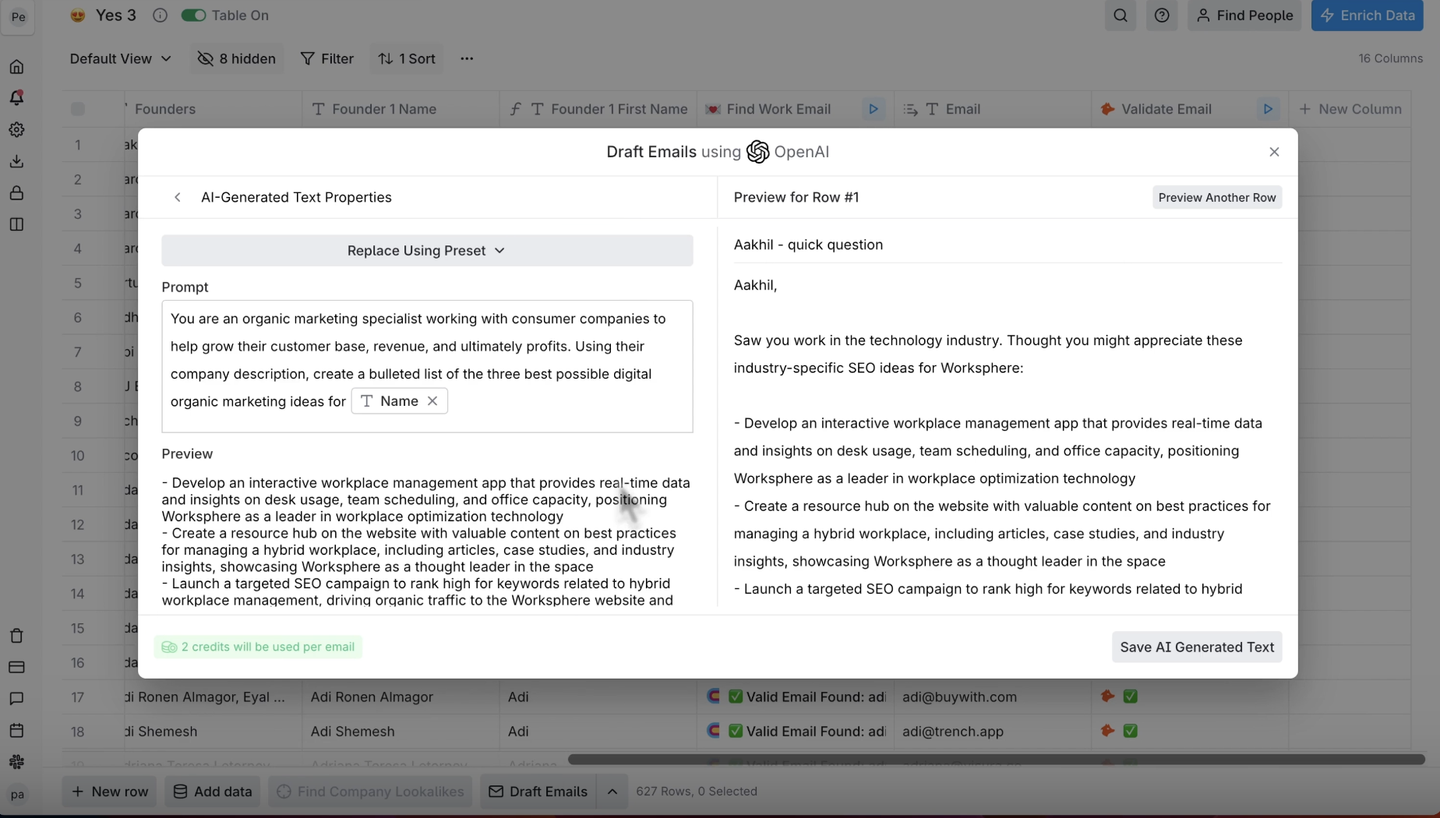Recently, AI-based sales tool Clay garnered significant attention after being valued at $700 million by Sequoia Capital. Clay’s journey to success wasn’t straightforward, but their rapid growth after narrowing their target audience offers valuable lessons for many startups.
First Attempt: Starting with a Broad Target Audience
Clay, a startup founded in 2017, initially set a broad target audience and developed a product with multiple features. However, this approach made the product abstract and difficult to convey clear value to users.
The founders of Clay initially aimed to rebuild the terminal used by developers, but they hit a limitation where the product was only useful to developers. They then pivoted to an idea of connecting vast internet data through spreadsheets.
Refining Focus After Trial and Error
Clay eventually decided to narrow its focus to outbound sales representatives, honing the product scope. During this process, the team personally experienced the inefficiencies of outbound sales processes, which led to the development of a tool to solve these issues.
By narrowing their target audience, decision-making became faster, and marketing messages became clearer. Clay focused on solving real problems, creating a product that delivered clear value to a specific group of users.
Rapid Growth After Narrowing the Focus
After narrowing the target audience to outbound sales representatives, Clay grew rapidly. Many sales representatives were satisfied with the tool, continued using it even after changing jobs, and contributed to the company’s growth.
Clay established a principle to integrate all data sources and become the most versatile sales tool globally. The features built under this principle helped save users’ time and improve efficiency.

Creating a Meaningful Product
The founders of Clay felt the pressure to do something meaningful with their second startup. However, focusing too much on what was meaningful became a hindrance, so they redirected their efforts toward building a useful product. They found meaning in helping sales representatives do less of what they disliked and enabling them to explore new opportunities.
Clay continues to focus on aggregating all available data to define the best customers and send personalized messages. This ongoing effort has led to significant success.

Conclusion: Mastering Small Tasks Is Key
Clay’s success started with clearly defining and focusing on their target audience. Narrowing the target audience is a crucial strategy for making a significant impact. Through this strategy, Clay was able to grow quickly and continue dreaming bigger.
Clay’s entrepreneurial journey illustrates the importance of clearly defining and focusing on a target audience. Their success story will inspire many early-stage entrepreneurs.
Finally, to all entrepreneurs aiming to create meaningful products, the message is clear: “Start by mastering small tasks.” Dream big, but excel at the small tasks to find success.
